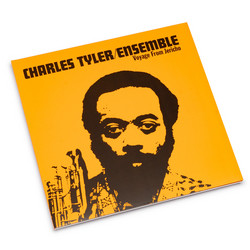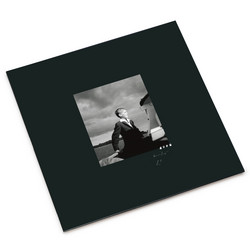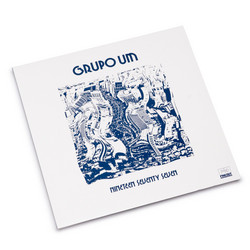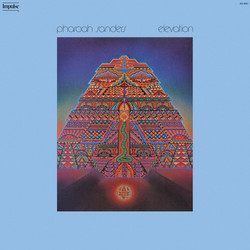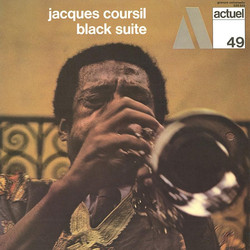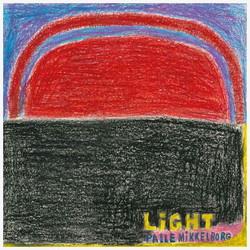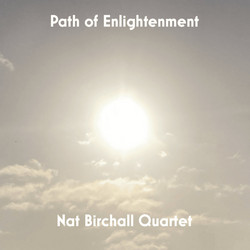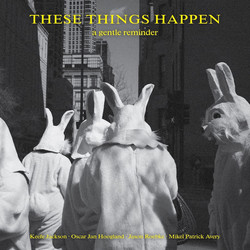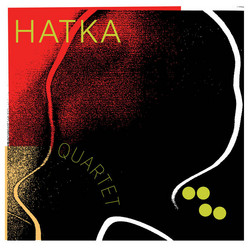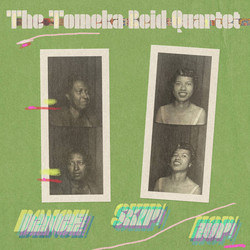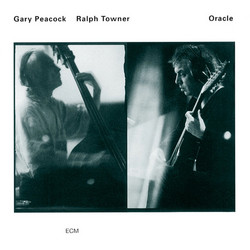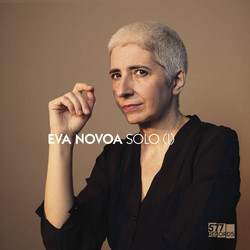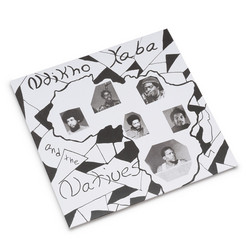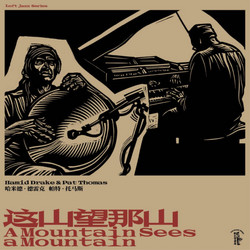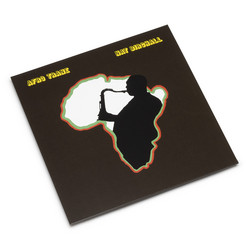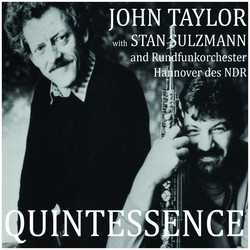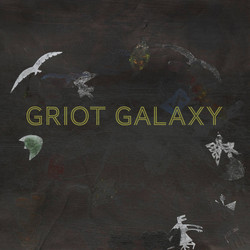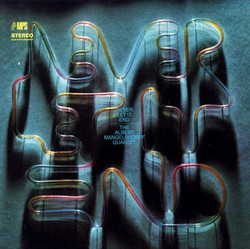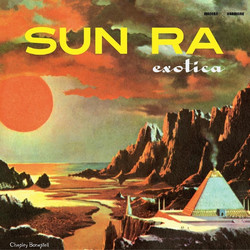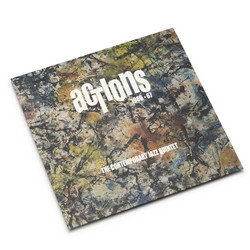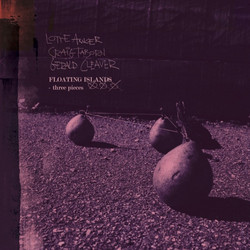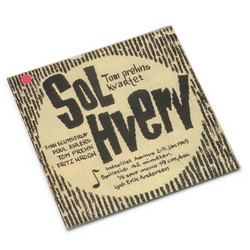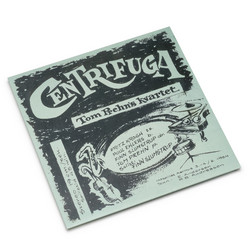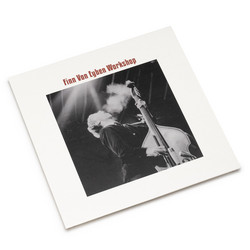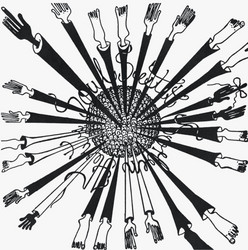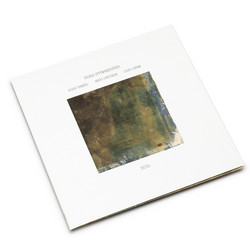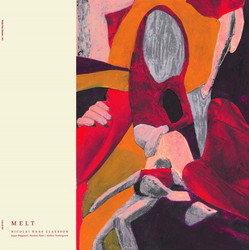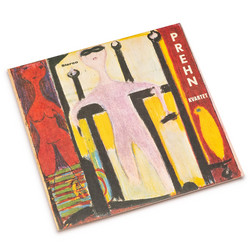Jeppe Zeeberg
Live 1963 (The Lost Recordings) (10")
This is a hitherto unknown recording of the influential Danish composer, pianist, and bandleader Jeppe Zeeberg, dated November 9, 1963. On this recording, Zeeberg is accompanied by a band comprised of several of his generation’s finest musicians. Inspired by the Ellington/Mingus traditions and the new sounds of free jazz emerging from overseas, Zeeberg was the rare individual who could straddle different styles in one performance – even within a single composition. This concert, recorded at Havnecaféen in Copenhagen, presents Zeeberg with a band, possibly assembled for the occasion, at the peak of their powers.
The humorously named Miss Svalbard 1936 (Zeeberg was always an original when naming compositions) has an Afro-inspired simple theme that will stick with the listener long after the track ends. Swedish-born Petter Hängsel performs a trail-blazing trombone solo. Julie Kjær’s flute appears to be accompanied by someone playing the recorder. Still, the only surviving personnel credits are not helpful in this instance, making it impossible to know the identity of this person. The Mediocre State of Things is a vehicle for the brilliant saxophonist Oilly Wallace, who shows his impressive bebop skills in a furiously paced solo. Wallace was a modern reed player who was very busy in Copenhagen during this period. Julie Kjær plays an impressively avant-garde flute solo as well. The liner notes indicate that Erik Kimestad joins the theme on trumpet, but he then strangely seems to have disappeared for the rest of the concert.
We will probably never know the meaning of the mysterious title Not 100% Norwegian, but this uptempo trio piece displays Swedish Cornelia Nilsson’s strength as a drummer, holding the piece together and backed by the always reliable Jeppe Skovbakke on bass. Zeeberg plays a rather messy solo, which may not come to be known as the most brilliant moment in his legacy. There appears to be an electric organ player present, something relatively unheard of on the Danish jazz scene in 1963, but again, we lack the musician's name. Might it be the same person playing the recorder?
All in all, if nothing else, this recording is an interesting documentation of semi-avant-garde jazz from Denmark in the early 1960s. Even though this music is definitely ahead of its time, it is interesting to note how much jazz music has moved on since 1963. Regardless, this great live recording has aged well and stands the test of time.
